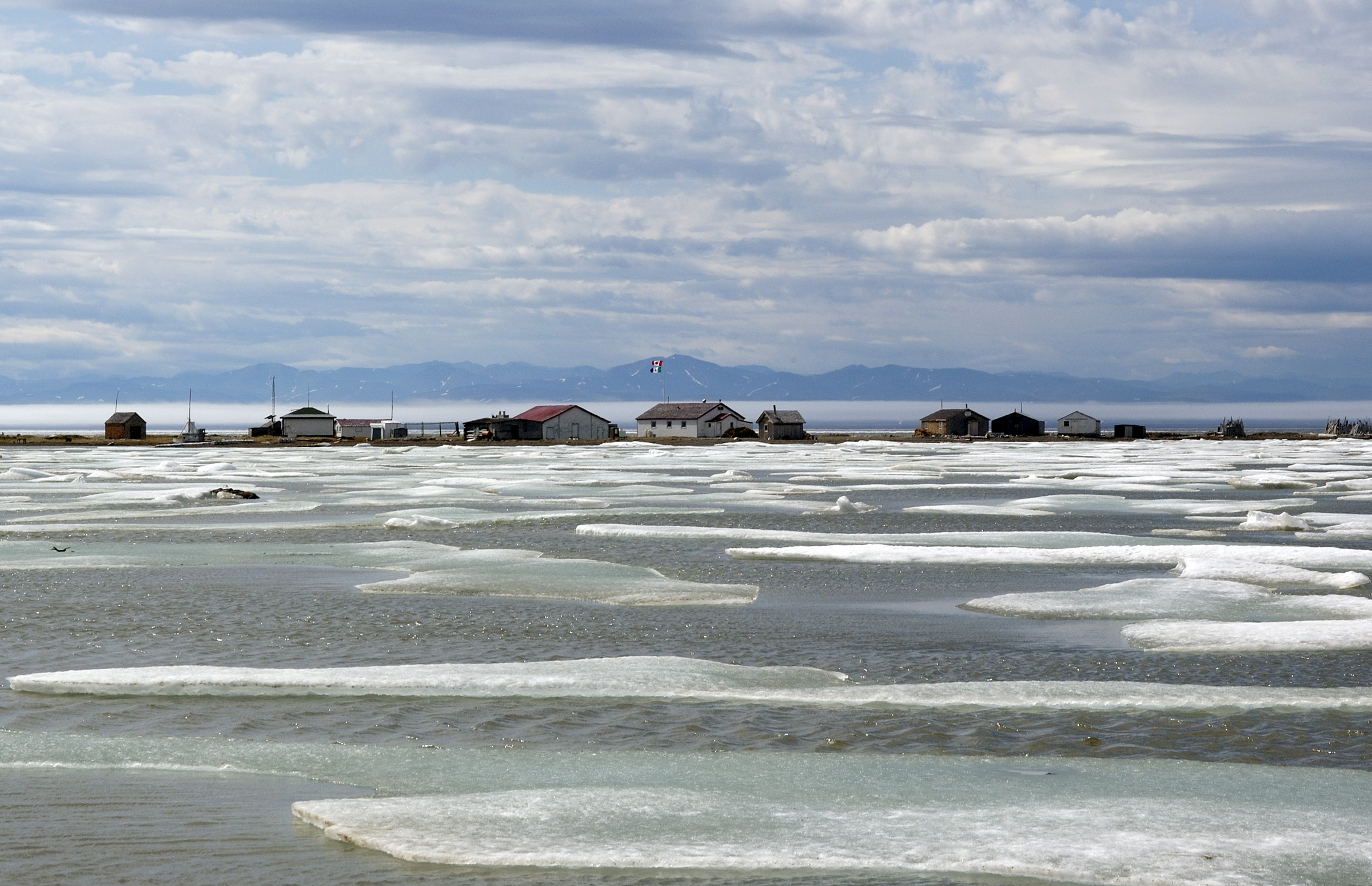
Four Gates Cambridge Scholars will present at the latest internal symposium.
Four Gates Cambridge Scholars will present on subjects ranging from how to strengthen democracy in Zambia to making a film on climate change impacts in Canada's Western Arctic at an internal symposium tomorrow [17th November].
The four scholars are:
– Zenobia Ismail [2013], who is doing a PhD in Politics and International Studies. Her talk is entitled Dominance and Decline: Institutional Legacies and Party Politics in Zambia. She will argue that weak institutions inherited from the former one-party state in 1990 perpetuate the trend of dominant ruling parties in Zambia. She says that despite the time that has elapsed since Zambia was a one-party state, ruled by the United National Independence Party, there has been little improvement in terms of the quality of democratic institutions and the rule of law. She concludes that elections, even when increasingly competitive, do not deepen democracy in the context of weak institutions.
– Leah Weiss [2014], who is doing a PhD in Physics. In her talk, Spin and the Sun: Understanding the Spin Physics of Solar Energy Materials, she will ask how we use and manipulate the quantum mechanical property of an electron spin to understand materials and their interactions with light and how it applies to understanding materials for next-generation photovoltaics.
– Jodi Gustafson [2015] is doing an MPhil in Conservation Leadership. She will discuss her experiences making her first documentary about climate change impacts for Inuvialuit communities in Canada's Western Arctic. She will talk about her trip to Qikiqtaruk (Herschel Island) in the Beaufort Sea, where climate change impacts such as increased sea ice melt, rising sea level, permafrost thaw and more are being observed, with socio-economic repercussions for indigenous communities.
– Stephen Kissler [2014], who is doing a PhD in Applied Mathematics and Theoretical Physics. His presentation is entitled Tracking down sources of the 2009 H1N1 pandemic using mathematical modelling. He will speak about the 2009 flu pandemic in the US, which he says did not behave how most people thought it would. He says: "It started in the wrong places, spread more slowly than it should have, and, thankfully, killed fewer people than originally feared. We still don’t know exactly why this happened." He says that by developing and studying mathematical models of the disease’s transmission, scientists can narrow their questions and make progress toward answers. He will give a brief overview of mathematical modelling in the context of disease and then show how one model has helped to pin down the 10 locations that sparked the outbreak in 2009.
The event starts at 7pm in the Gates Cambridge Scholars Room.
*Picture of Herschel Island. Credit: Wikipedia.












